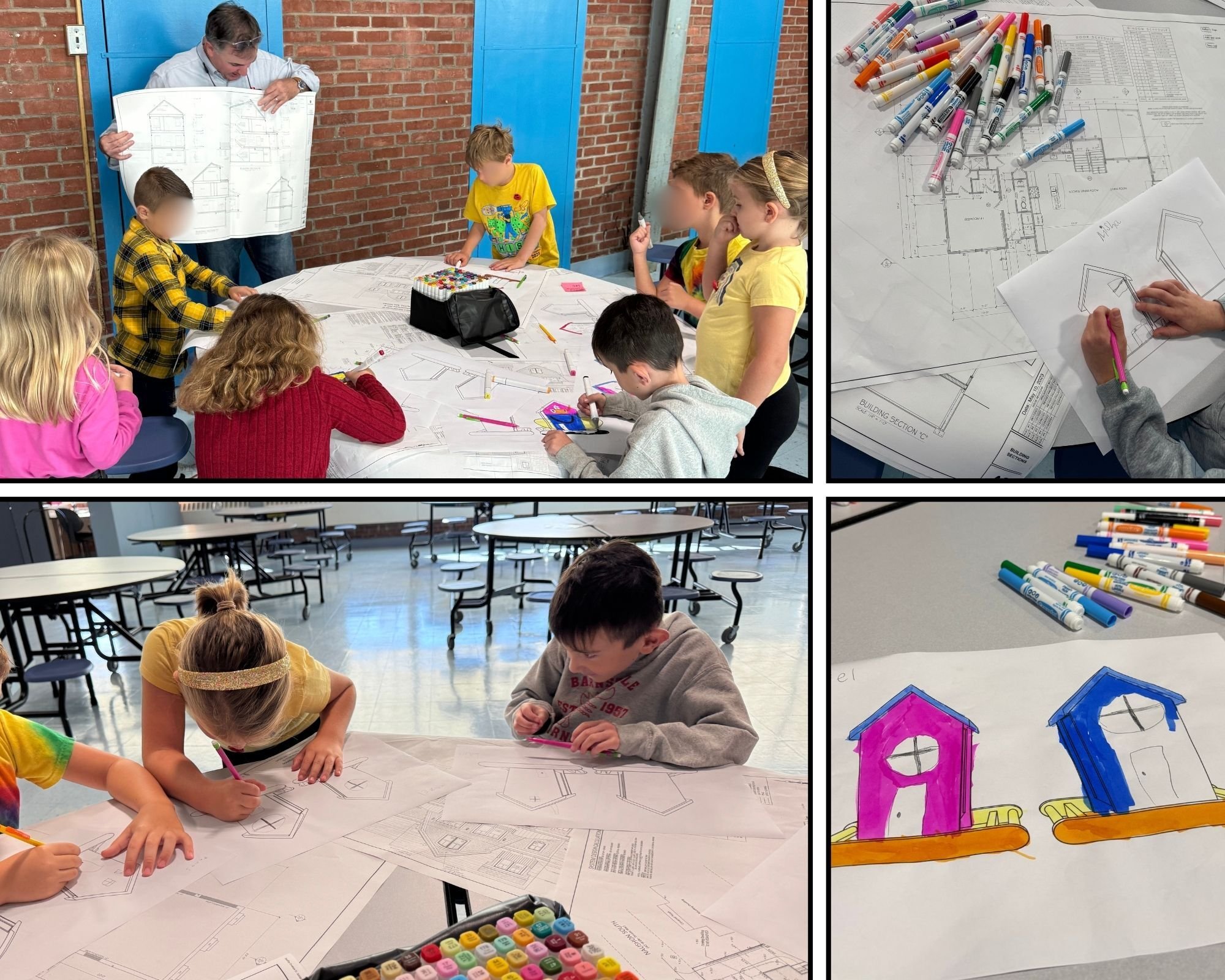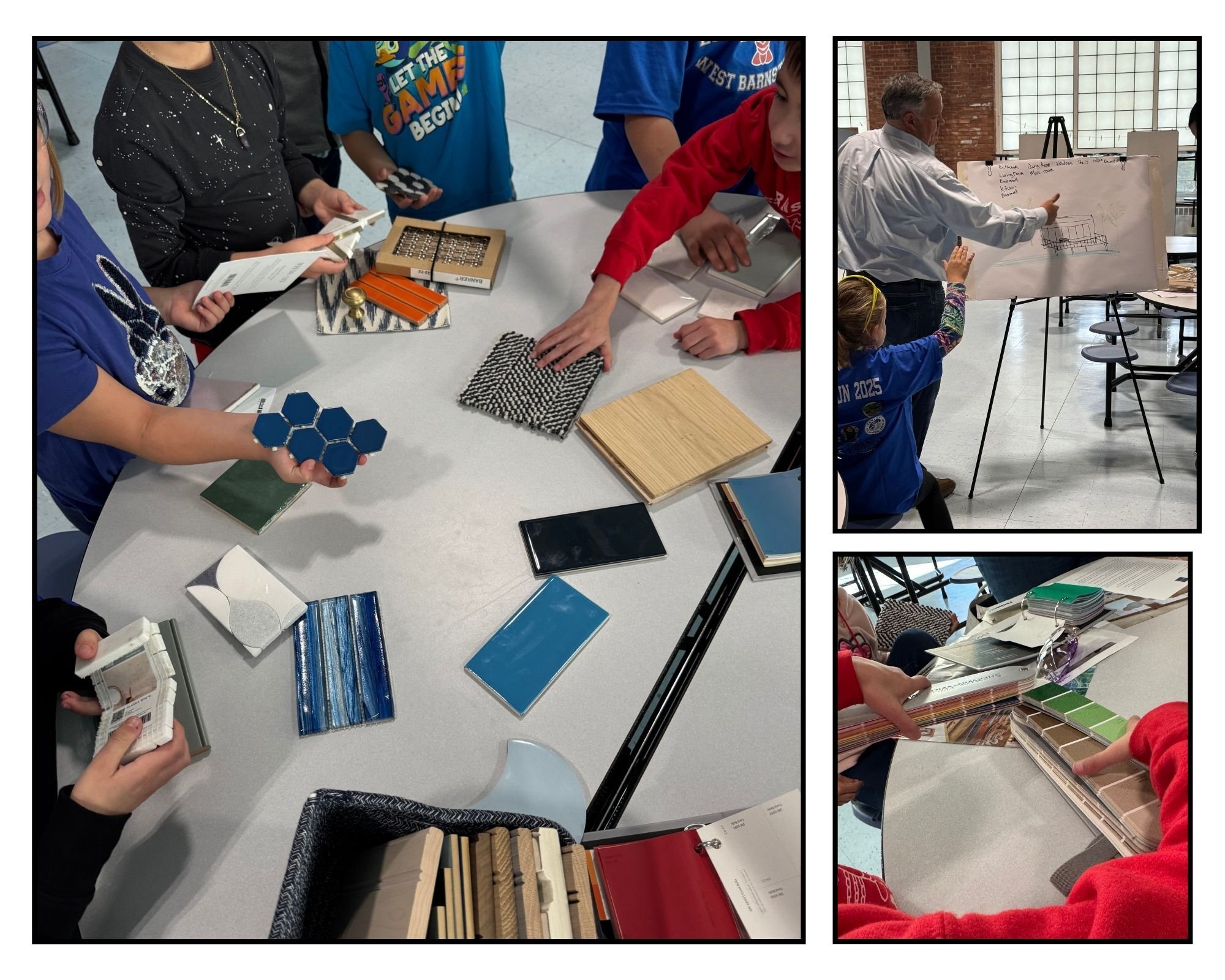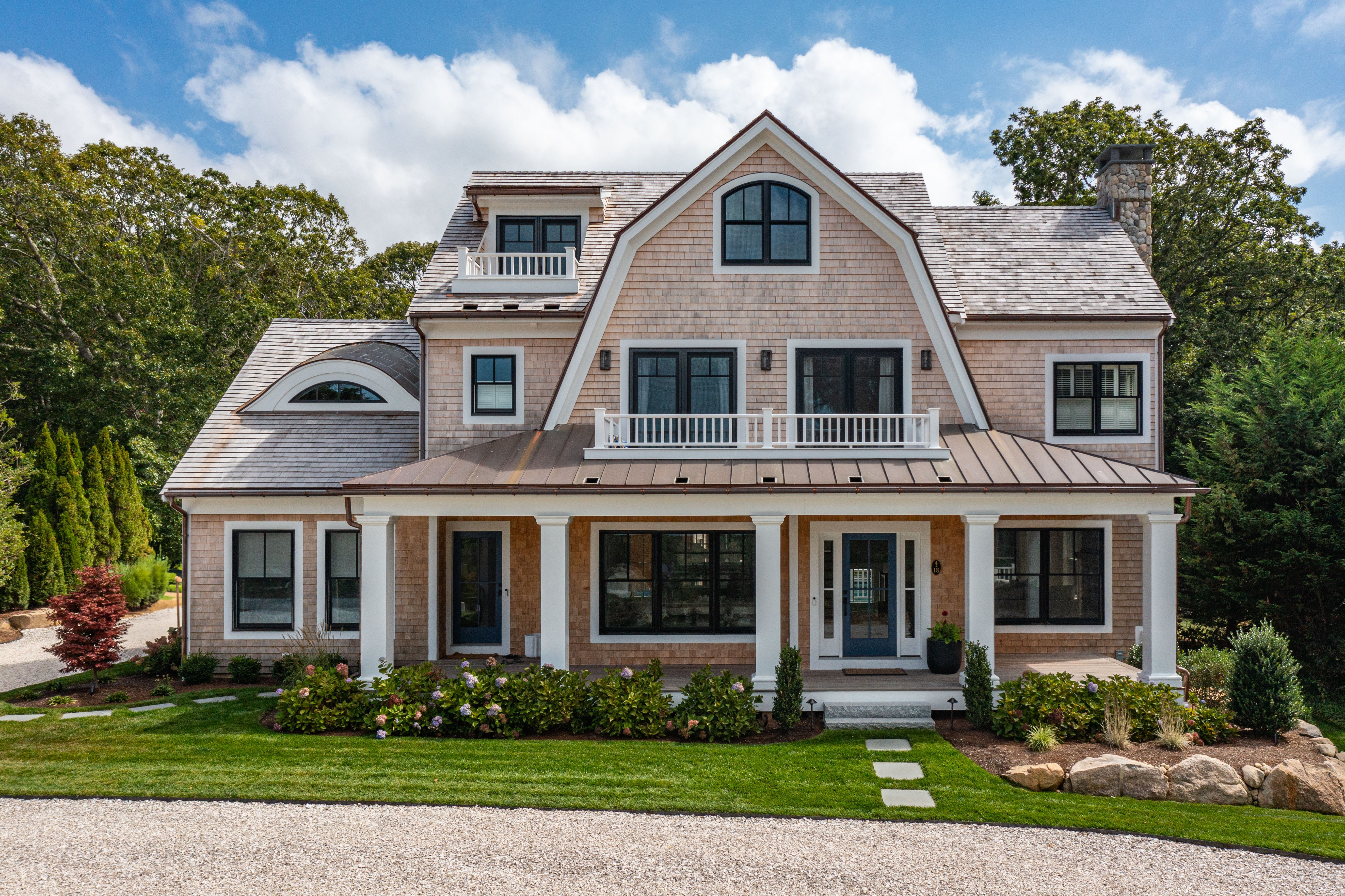
At REEF Builders, we don't just build homes; we believe in building communities and, most importantly, building the future. That's why our recent participation in the BWB Elementary School Interest Pathways program has been such a deeply rewarding experience. This fantastic four-week program connected us with elementary students eager to learn, proving that the future of the Cape Cod building industry is bright – and in very capable young hands!

More Than Just a Program: Nurturing the Whole Child
The Interest Pathways program is designed to nurture the "whole child," linking students with engaging community activities and dedicated volunteers. For REEF Builders, it was an opportunity to connect with curious young minds interested in building, engineering, design, and working with their hands.
Over the past month, we witnessed incredible enthusiasm. The students didn't just listen; they actively participated, asked questions, shared experiences, culminating in the beautiful design and construction of their very own bird feeders! This hands-on project was a testament to their creativity and burgeoning skills.
Bridging the Gap: Diversity in Construction
One of the most impactful aspects of our involvement was exposing these students to the diverse world of construction. They had the unique opportunity to meet and interact with a range of professionals, including:
- Architects
- Designers (Interior & Exterior)
- Project Managers
- Finish Carpenters
Beyond these interactions, they gained valuable insights into the roles of all the tradespeople essential to every home built.
The students collectively read "The House That She Built" by Mollie Elkman. This insightful book is essential because it is actively helping to bridge the gender gap in the building industry by highlighting the diverse contributions of women in construction. We are particularly proud to model this value, as we strive to maintain a diverse team at REEF Builders across all roles and levels. This exposure shows every student that they have a place in this industry.

The Essential Next Step: Local Trade Schools and the Future of Cape Cod
While the elementary program helped ignite their passion for construction, the vital next step for these future builders lies in our incredible local vocational-technical schools.
Institutions like Cape Cod Technical High School and Upper Cape Cod Regional Technical School are foundational to the future of the Cape Cod building industry and the success of our youth.
- For the Youth: These schools offer robust, hands-on programs in fields like Carpentry, Electrical, HVAC, and Plumbing. They provide students with industry-recognized certifications and the foundational skills necessary to immediately enter the high-demand trades or pursue further education.
- For Cape Cod: These schools are the primary source of the next generation of skilled local tradespeople. By training students right here on the Cape, they ensure a steady supply of qualified professionals who understand the regional climate, codes, and construction style. Supporting these schools means supporting a stable, sustainable local economy and a continuous supply of talent for businesses like ours.
Why This Matters for Cape Cod
The building industry on Cape Cod faces unique challenges, from a specialized market to the ongoing need for skilled trades. Investing in our youth isn't just a nice-to-do; it's a strategic imperative. By introducing children to these professions early, we are:
- Addressing the Skilled Trades Gap: Inspiring the next generation to consider careers in construction helps ensure a robust workforce for years to come.
- Fostering Local Talent: Encouraging young Cape Codders to enter the trades keeps talent within our community, strengthening our local economy.
- Promoting Innovation: Young minds bring fresh perspectives and an innate curiosity that can drive innovation in design and building practices.
- Building Community: Connecting schools, businesses, and families creates a stronger, more vibrant Cape Cod for everyone.
We look forward to continuing our engagement with local youth programs, knowing that every seed planted today contributes to the strong, vibrant building industry of tomorrow.

 Ten must-experience Cape Cod fall adventures, from pumpkin patches to scenic hikes.
Ten must-experience Cape Cod fall adventures, from pumpkin patches to scenic hikes.




























